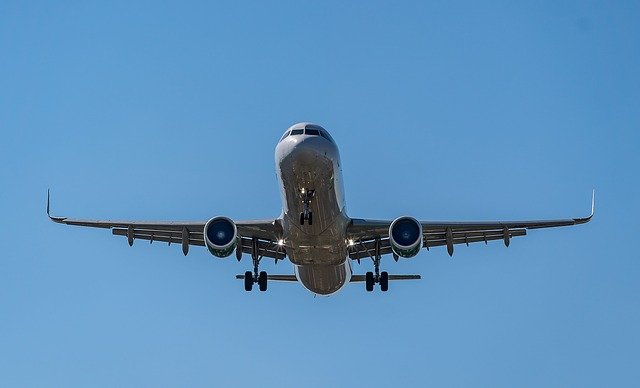
-
House Bill 9324 or the proposed Air Carriers Relief Act aims to provide economic relief for the stricken air transport sector through loan payment extensions, interest-free loans, loan guarantees and regulatory reliefs
-
AAMBIS-OWA Partylist representative Sharon Garin, who filed the bill, acknowledged the vital role in the economy of the Philippine air transport sector, which now faces an “existential threat”
-
The bill is pushing for a total of P40 billion to be appropriated for interventions including interest-free loans; a Philippine Guarantee Corporation Special Guarantee Fund; government payment of regulatory fees; and mandatory rapid testing by airports
-
The Department of Finance is being asked to provide temporary relief lasting two years to Philippine air carriers from the payment of excise taxes on fuel purchases
A bill has been filed seeking economic relief amounting to P40 billion for the recovery of domestic air carriers heavily affected by travel restrictions due to the COVID-19 pandemic.
Filed by AAMBIS-OWA Partylist representative Sharon Garin, HB No. 9324 or the proposed Air Carriers Relief Act aims to provide economic relief for the air transport sector in the form of loan payment extensions, interest-free loans, loan guarantees and regulatory reliefs.
In a statement, Garin acknowledged the vital role in the economy of the Philippine air transport sector and warned of the “existential threat” it now faces.
“Despite the debilitating effects of the lockdown to its operations, airline companies continue to support the nation in its recovery by continuing to fly our displaced Overseas Filipino Workers and assist in the delivery of medical equipment to key cities, including logistics support of the vaccine roll-out,” Garin said.
As prescribed under the bill, a “domestic air carrier” is a company duly organized and existing under Philippine laws with a legislative franchise or a certificate of public convenience and necessity from the Civil Aeronautics Board and an air operator certificate from the Civil Aviation Authority of the Philippines.
The bill proposes the appropriation of a total of P40 billion for the following interventions: interest-free loans to be provided by the Development Bank of the Philippines; creation of a Philippine Guarantee Corporation Special Guarantee Fund; payment by government of regulatory fees; and facilitation of mandatory rapid testing by airports. Each program has an allocation of P10 billion.
Banks and financial institutions should also extend or restructure the existing commercial loans of the air transport sector for a period of three years. The loan payments may be extended for another two years with an interest rate to be set by the Bangko Sentral ng Pilipinas.
The national government should also pay for the non-tax and non-duty fees and charges, including navigational and airport charges, charged by transport authorities on domestic air carriers, and all other non-tax and non-duty charges imposed by other regulatory government agencies, for a period of three years.
The bill likewise proposes that domestic air carriers may opt to limit passenger refunds and convert these into vouchers for future travel plans to bolster the tourism industry.
The bill also enjoins the Department of Finance to provide temporary relief to Philippine air carriers from the payment of excise taxes on their fuel purchases for a period of two years.
To arrest the spread of COVID-19, P10 billion shall be allocated for airport authorities to facilitate rapid testing capability on arriving and departing passengers.
READ: PH airlines book record P65B loss in 2020, plead for gov’t aid
The Air Carriers Association of the Philippines (ACAP) has been appealing for more government support as carriers try to recover from the adverse effects of the COVID-19 pandemic.
ACAP executive director and vice chairman Roberto Lim last March said local carriers incurred an estimated record loss of P65 billion in 2020.
Lim noted that the industry has so far received only about P800 million in waived navigational fees under Republic Act No. 11494, or the Bayanihan to Recover as One Act.
In comparison, airline industries in neighboring countries in Asia and those in Europe and the United States have been provided by their governments “a lot more cash support, loans and guarantees early on,” Lim said.
Since last year ACAP has been asking Congress for a long-term credit facility, working capital credit lines, credit guarantee arrangements, and temporary relief from navigational and airport charges to help airlines.
ACAP members comprise AirAsia Philippines, Cebu Pacific, Cebgo, Philippine Airlines, and PAL Express.




